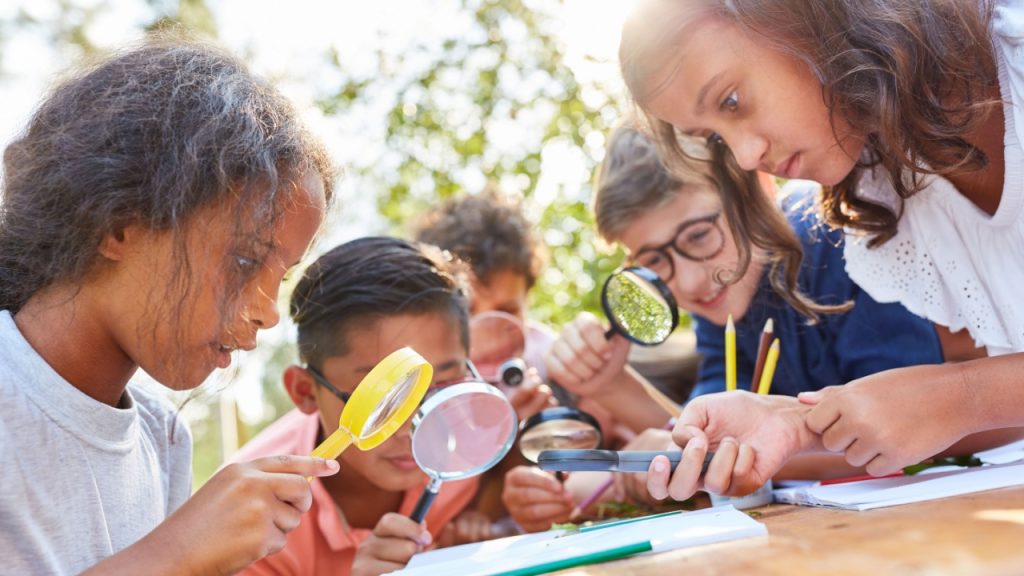Curiosity is the spark that ignites a lifelong love of learning. As parents, we have the amazing opportunity to fan these flames in our children. By nurturing their natural inquisitiveness, we can help them develop critical thinking skills and a passion for discovery. Encouraging curiosity is about teaching kids how to ask questions and how to find answers on their own. Take a look at these practical, fun ways to inspire wonder and promote a curious mindset in your children.
Create a Question Wall

Set up a dedicated space in your home for questions. Hang a large piece of paper or a whiteboard where family members can write down things they wonder about. Encourage everyone to add to it throughout the week. Make time to research answers together, using books, the internet, or by asking experts. This activity not only promotes curiosity but also shows kids that it’s okay not to know everything. It teaches them how to find information and turns the pursuit of knowledge into a family bonding experience.
Embrace “I Don’t Know”
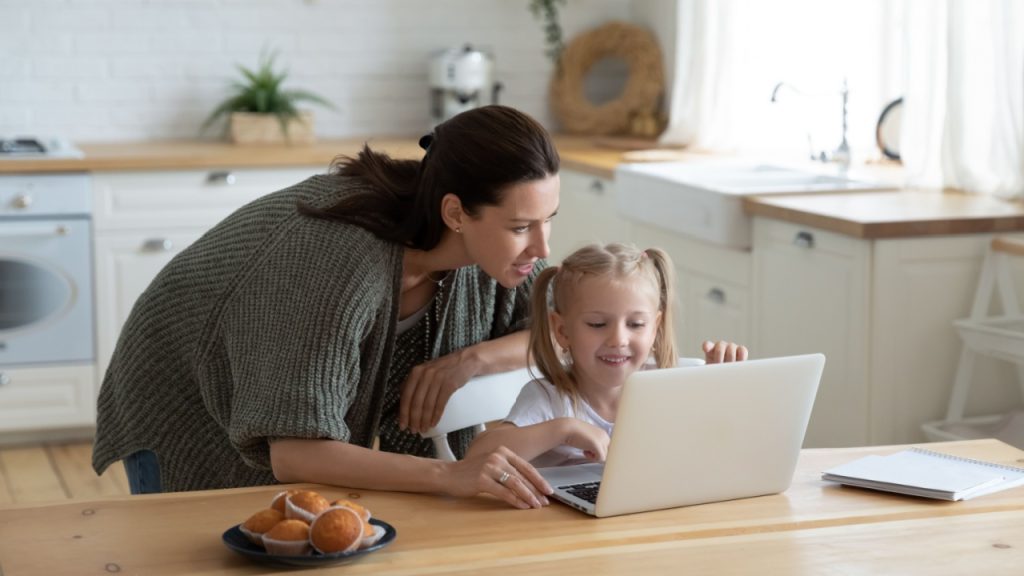
When your child asks a question you can’t answer, don’t fake it. Instead, use it as an opportunity to model curiosity. Say, “I don’t know, but let’s find out together!” This approach shows kids that learning is a lifelong process and that it’s exciting to discover new things. It also teaches them that it’s okay not to have all the answers. By searching for information together, you’re demonstrating valuable research skills and critical thinking.
Encourage Hands-On Exploration
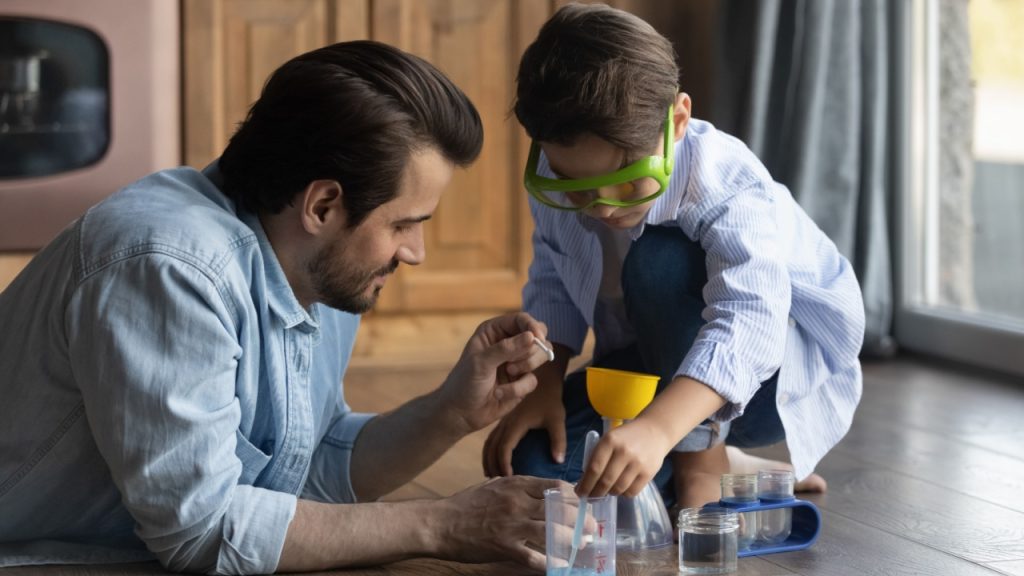
Provide materials for open-ended play and experimentation. Things like building blocks, art supplies, and simple science kits can spark curiosity and creativity. Let kids get messy and try new things. Avoid always giving step-by-step instructions. Instead, ask open-ended questions like “What do you think would happen if…?” This approach encourages problem-solving and helps kids develop their own ideas and theories.
Take Wonder Walks
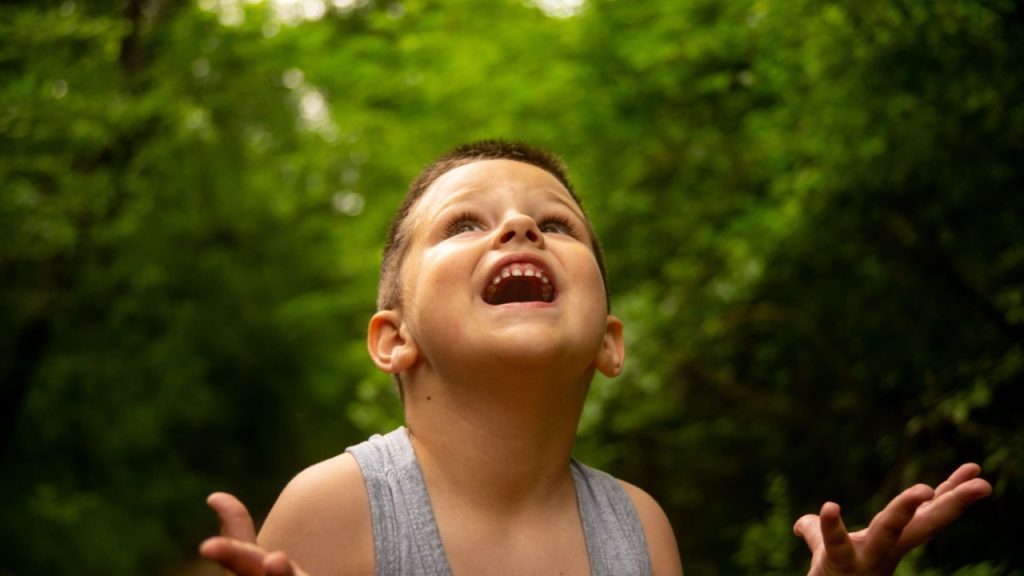
Go on regular walks with the specific purpose of noticing and wondering about the world around you. Encourage your kids to use all their senses. Ask questions like “What do you hear?” or “What does that leaf feel like?” Point out interesting things you notice, and invite your children to do the same. Bring a magnifying glass or binoculars to examine things up close. These walks can turn your neighborhood into a fascinating place of discovery.
Play “What If” Games

Make up silly or thought-provoking “what if” scenarios and discuss them with your kids. For example, “What if humans could breathe underwater?” or “What if cars could fly?” This game encourages imaginative thinking and helps kids consider different perspectives. It can lead to interesting discussions about science, society, and problem-solving. Encourage your children to come up with their own “what if” questions too.
Celebrate Mistakes

Help your kids see mistakes as learning opportunities rather than failures. When something goes wrong, ask, “What can we learn from this?” Encourage them to try again with a different approach. Share stories of famous inventors or scientists who made many mistakes before achieving success. This attitude towards mistakes fosters resilience and a willingness to experiment, both crucial for curious minds.
Provide a Variety of Experiences
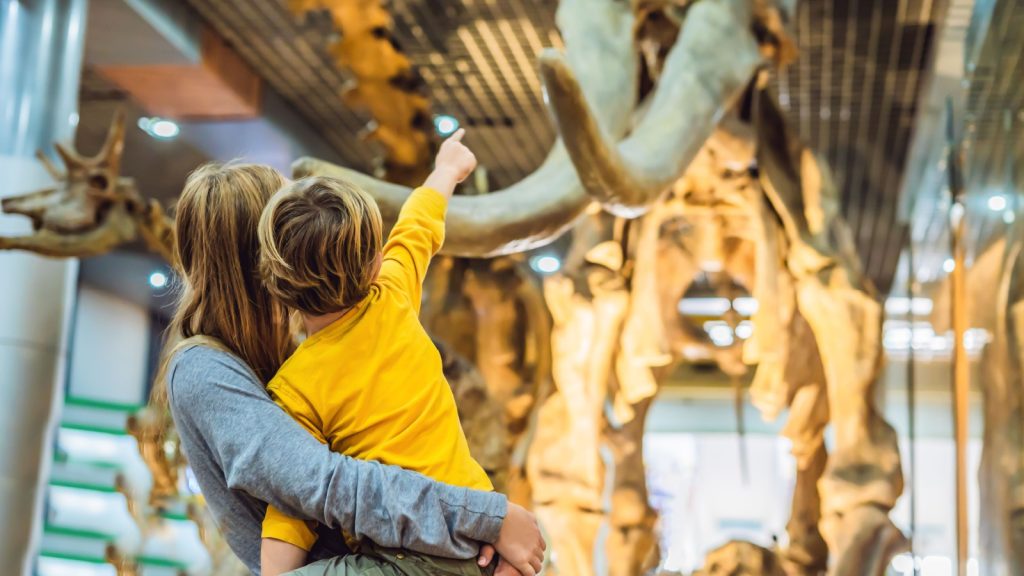
Expose your kids to different cultures, foods, music, and activities. Visit museums, try new restaurants, or learn about different holidays. Even if you can’t travel far, you can explore the world through books, documentaries, or virtual tours. These diverse experiences can spark new interests and questions. They also help children develop empathy and understanding for people different from themselves.
Ask Open-Ended Questions

Instead of asking yes-or-no questions, try to ask ones that require more thought. For example, rather than “Did you like the movie?” ask “What was your favorite part of the movie and why?” This encourages kids to reflect more deeply on their experiences. It also shows them that their opinions and thoughts are valued, which can boost confidence in expressing ideas.
Start a Collection
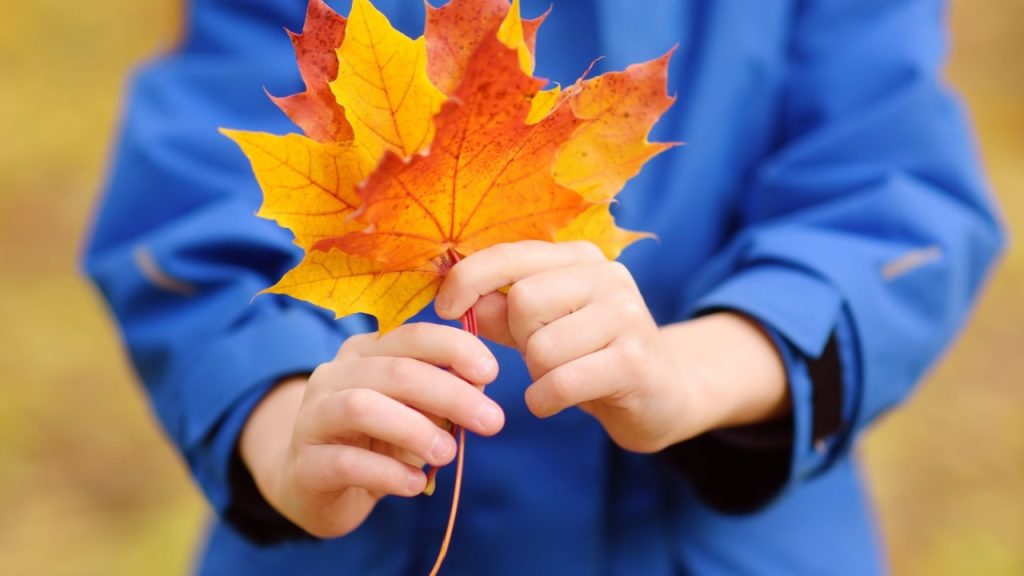
Encourage your child to start a collection of interesting objects. It could be rocks, leaves, stamps, or anything that sparks their interest. Help them research their finds and organize their collection. This activity can lead to learning about classification, history, and science. It also teaches patience and the joy of building knowledge over time.
Create Mystery Boxes

Fill a box with interesting objects and let your child explore it with their senses. They can feel, smell, and shake the box before opening it. Ask them to guess what’s inside based on their observations. This game sharpens observational skills and encourages creative thinking. It’s also a fun way to introduce new vocabulary as you discuss the properties of different objects.
Encourage Reading for Pleasure

Make reading a fun, regular activity in your home. Visit the library often and let kids choose books that interest them. Read together and discuss the stories. Ask questions about what might happen next or why characters made certain choices. This not only improves literacy skills but also exposes children to new ideas and information, fueling their curiosity about the world.
Model Curiosity Yourself
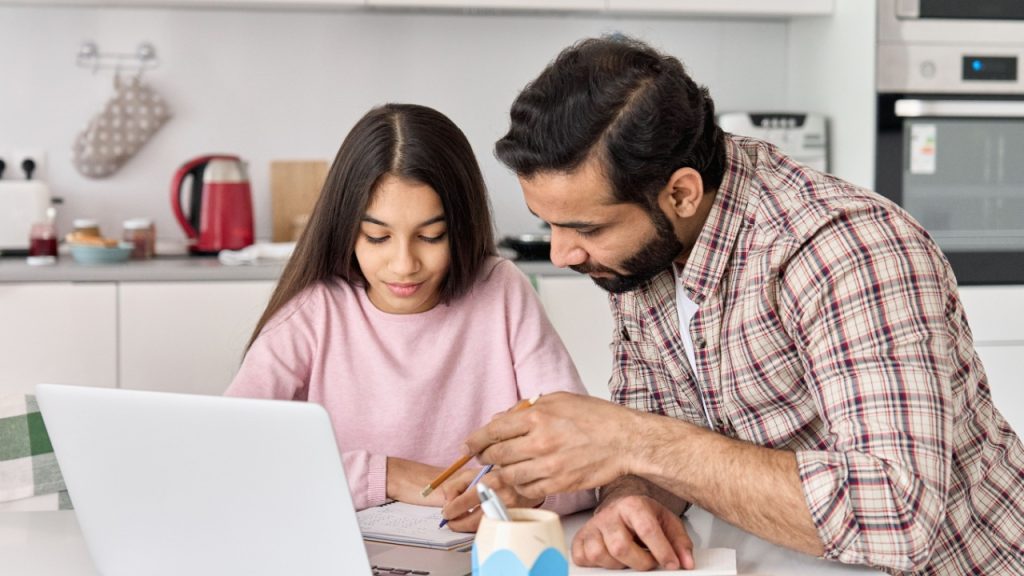
Show your own enthusiasm for learning. Share interesting facts you’ve discovered or new skills you’re trying to master. Let your kids see you looking up information when you don’t know something. Your example is powerful – when children see adults engaged in lifelong learning, they’re more likely to develop a similar mindset.
Katy Willis is a writer, master herbalist, master gardener, and certified canine nutritionist who has been writing since 2002. She’s finds joy in learning new and interesting things, and finds history, science, and nature endlessly fascinating.
